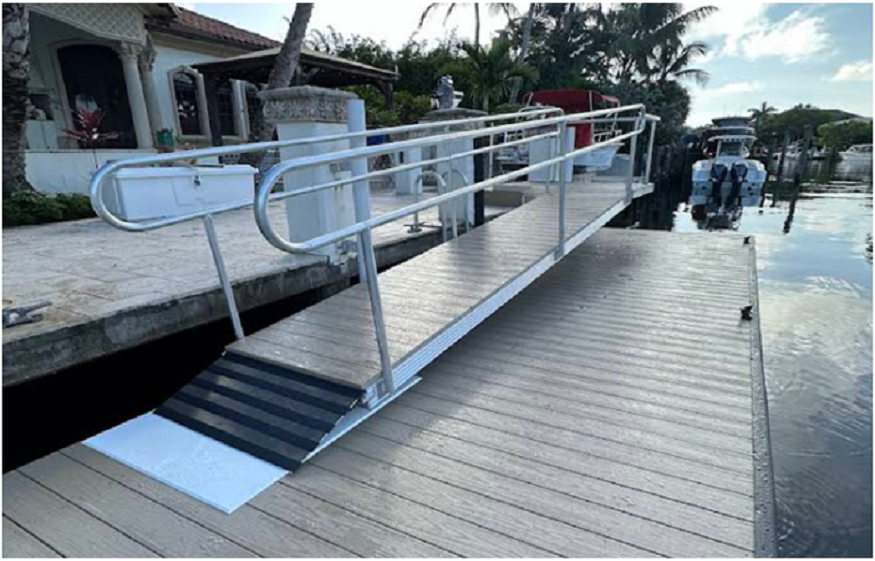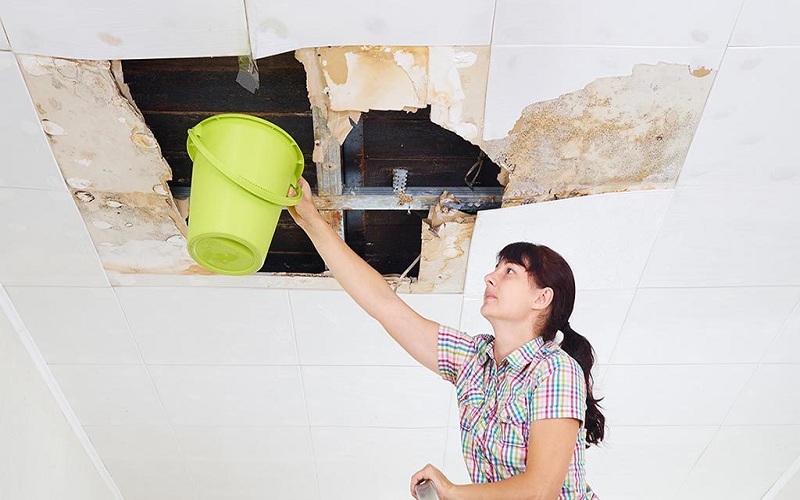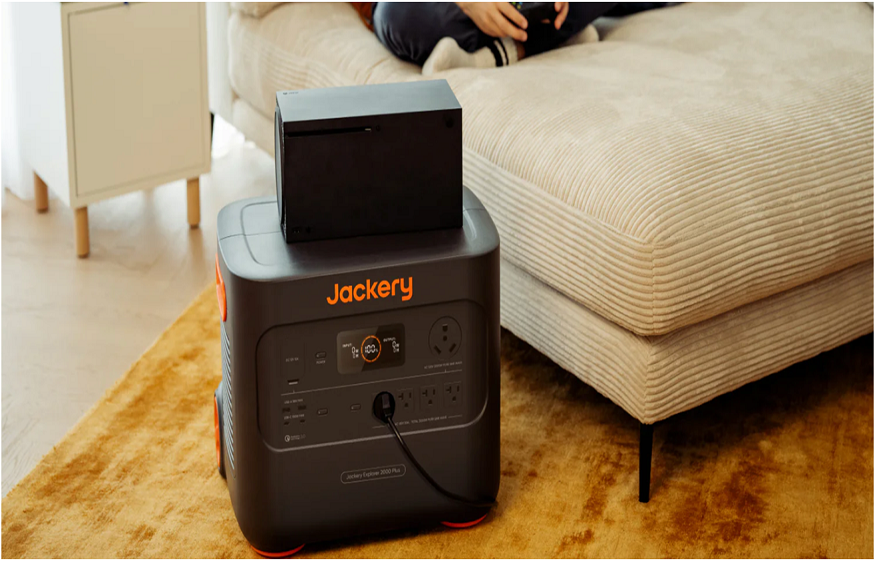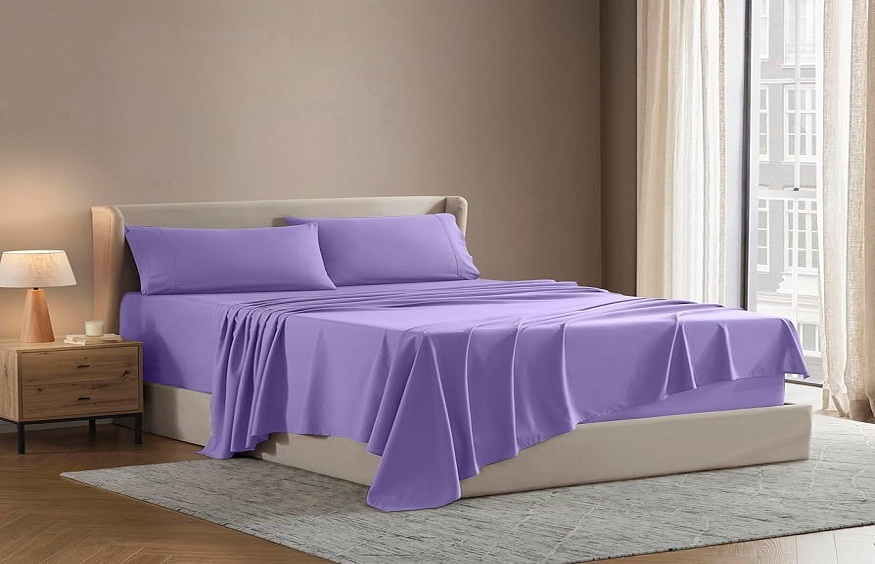A floating dock is a great option for South Florida property owners who are fortunate enough to enjoy waterfront access. It can turn a beach into a fun, functional space. If you are considering a floating dock for a backyard installation or a commercial dock, it is important to carefully consider your options. It’s important to consider how you intend to use the dock as well as the water conditions and the materials that best suit your budget and needs.
Here are some key factors that will help you make a decision.
Needs for Residential and Commercial Properties
The first thing to consider is whether or not the dock will be used for residential, or commercial purposes.
Docks for residential uses are designed to be used by individuals as a place of recreation. They can be used for mooring family boats, swimming or fishing. Docks are often designed with aesthetics, comfort and a small footprint in mind. Flexible docks are also necessary for residential docks, as they may have to be adjusted according to seasonal changes or changing water levels.
Commercial Docks, such as those in marinas, resorts or waterfront restaurants, must meet higher standards. These docks are designed to handle heavier traffic and accommodate multiple vessels. They may also need to meet more stringent durability and safety standards. These structures may require more space, more dedicated slips, and other amenities such as power or water hookups.
Understanding your primary purpose will influence every decision you make, from the size and configuration of the product to the best materials for the task.
South Florida Water Conditions
South Florida’s unique environment plays a major role in dock selection. The region is characterized by fluctuating tides and warm, humid conditions. It also experiences saltwater exposure and rougher weather. This is especially true during hurricane season.
You should always consider the following when evaluating your waterfront.
- Exposure to Saltwater: The corrosion rate of saltwater is higher than that of freshwater. This influences the choice of materials (more below).
- Wave activity: Docks that are exposed to strong winds or frequent boat traffic may need to be more durable or stable.
- Tidal Range: The floating dock is perfect for areas where the water level fluctuates. It rises and drops with the tide to maintain consistent access.
Understanding your water conditions will help you maximize the performance of your floating dock, reduce maintenance, and extend its life.
Materials: Composite, wood, or aluminum?
Material selection will impact not only durability, but also maintenance and aesthetic appeal. Compare the main options:
Aluminium
- Advantages Aluminum is the best choice for environments with saltwater due to its corrosion-resistant properties. Aluminum is lightweight, yet strong. It requires little maintenance and lasts a long time. It will not warp, rot or split, like wood.
- Considerations : While some may prefer the look of wood, modern aluminum docks are available in powder-coated finishes for an even more appealing finish.
Wood
- Advantages Wood docks are beautiful and natural, which many homeowners enjoy. They are a great walking surface that blends well with the landscape when they’re well maintained.
- Considerations Wood needs to be sealed, stained, or painted regularly to prevent water damage, UV exposure, and rot. Maintenance requirements can be greater in saltwater environments such as South Florida.
You can also find out more about the Composite
- Benefits Composite decking is a combination of natural wood fibers and synthetic materials that provides a long-lasting, low-maintenance surface resistant to rot, fade, and splintering. Composite materials can often mimic the look of real wood while being more durable in harsh environments.
- Considerations While composite decking is often more expensive initially, it can reduce maintenance costs in the long run.
When choosing the right material, you need to balance aesthetics, durability and maintenance commitment with budget. Many South Florida property owners choose aluminum or composite because of their resistance to saltwater and humidity. However, wood is still popular due to its natural beauty.
Make the Right Choice
The right floating dock depends on your needs and the site conditions. Commercial docks are more concerned with durability and capacity, while residential docks place a higher priority on comfort and style. South Florida’s water environment requires materials that are resistant to salt, humidity and rough weather.
Consider how you will use your dock, the condition of your waterfront and your desired appearance.
Your floating dock can be a long-lasting, fun part of your waterfront life with careful planning.
This post was written by a professional at Supreme Marine Floating Docks. Supreme Marine Floating Docks is dedicated to providing top-quality floating docks and marine accessories that combine durability, innovation, and superior performance. While we are a new brand, our team brings over 50 years of combined industry experience, making us a trusted name in the marine world. We are passionate about designing and delivering products that meet the highest standards, ensuring reliability and longevity in all marine environments. Whether for residential, commercial, or recreational use, our docks are crafted with precision and care, setting a new benchmark in the industry. At Supreme Marine, we aren’t just floating dock builders Ft Lauderdale—we create lasting solutions.




